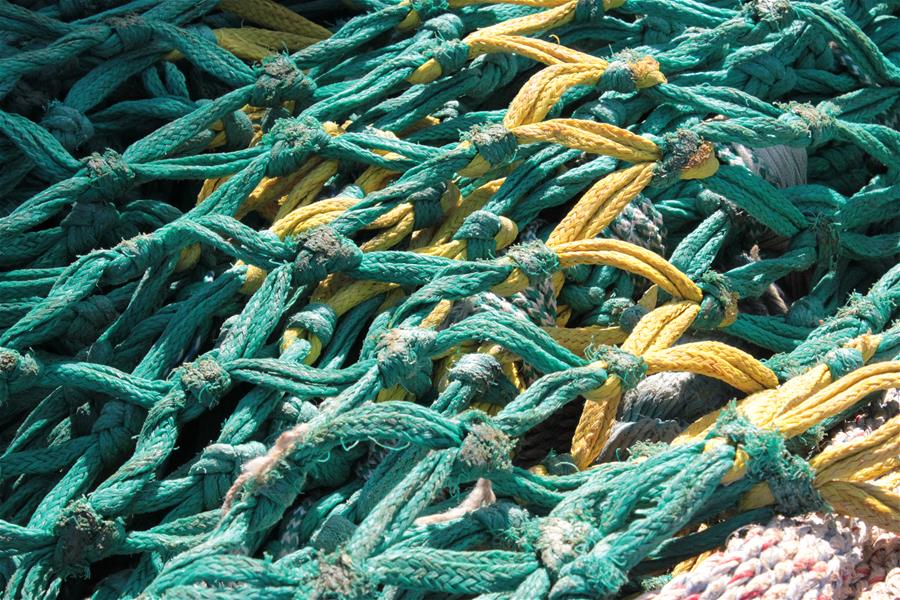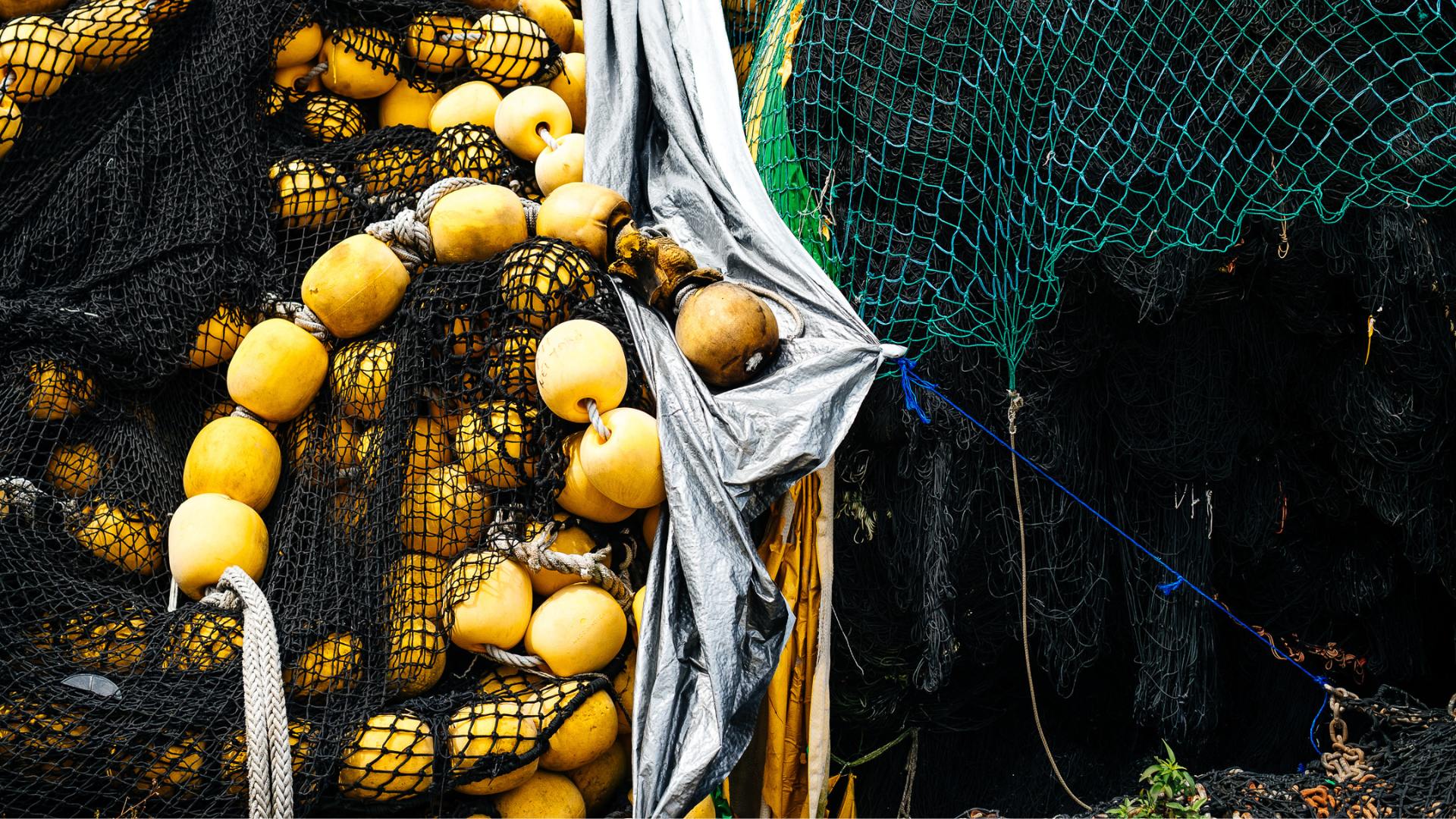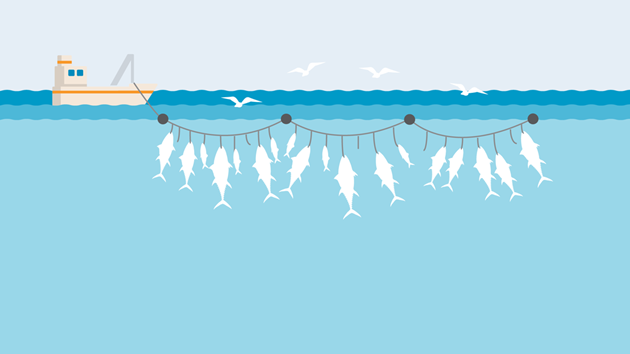
It’s not uncommon to lose fishing nets, lines, and pots at sea. Boats can lose control of their fishing gear if it gets snagged, lost in bad weather, or damaged during fishing.
This wasn’t a problem when fishing gear was made from biodegradable materials. Now, most fishing gear is made from plastic. Once in the ocean, plastic monofilament fishing line can take up to 600 years to degrade.
Lost gear can drift through the depths catching whatever crosses its path, entangling and killing ocean life, also known as ghost fishing. Fishing nets can smother a coral reef and crab pots can continue trapping marine creatures on the ocean floor.
Recent research has revealed the scale of this problem. The FAO estimates that at least 640,000 tonnes of fishing gear is lost each year and that fishing gear makes up 10% of all marine debris. Fishing nets make up as much as 46% of all of the plastic found in the Great Pacific Garbage Patch.
The MSC Fisheries Standard and gear loss
MSC certified fisheries have always been required to minimize gear loss and know the impact of any lost gear on marine life. The latest version of the MSC Fisheries Standard ensures that ghost fishing is considered in every assessment. The requirements around ghost gear have been strengthened to reflect best practices in preventing gear loss and reducing its impact.
What is the MSC doing in this area?
In addition to updating our Standard, the MSC recently joined the Global Ghost Gear Initiative (GGGI), which is an alliance of the fishing industry, private sector, NGOs, academia, and governments focused on solving the problem of lost and abandoned fishing gear worldwide.
Fisheries taking action
Several MSC certified fisheries have introduced ways to manage ghost gear impacts.
When the Alaska Pacific cod fisheries became MSC certified, they were required to monitor gear loss to maintain their certification. They also assessed the impacts of lost gear on ecosystems. These fisheries monitored the impacts and loss of their long lines, pots, and trawl nets. Cod fishing pots in these fisheries have biodegradable escape panels and escape rings to minimize ghost fishing.
In the MSC certified Normandy and Jersey lobster fisheries, all pots are tagged with boat registration and year. Fishers must report lost pots and only a limited number of replacement tags are available. This system motivates fishers not to lose their pots.
In the MSC Ccrtified Louisiana blue crab fishery, the Louisiana Department of Wildlife and Fisheries, volunteers, and local organizations have successfully removed and disposed of over 37,000 abandoned and derelict crab traps.


